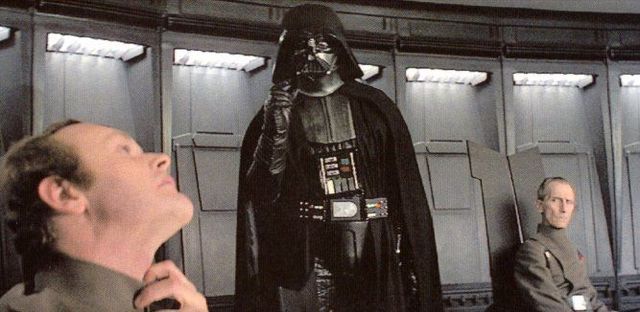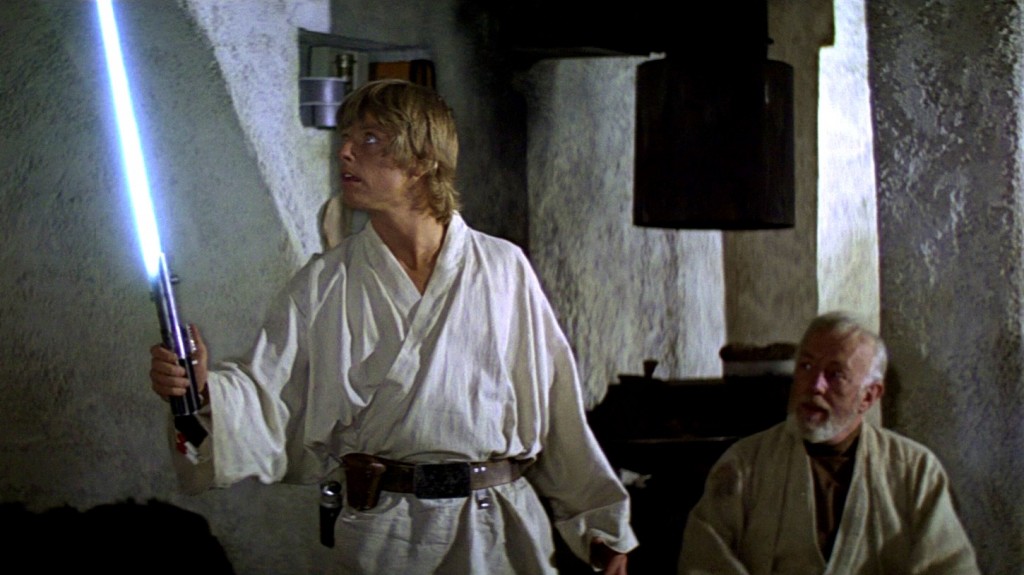Darth Vader, not exactly the nicest of bosses, so what can we possibly learn from him? I believe we learn from everyone. Over the years I have worked with many types of leaders, some I learned what to do and others what not to do. I consider myself fortunate that there are far more of the former and hope we can all agree that Vader falls into the later.
As a battalion commander I used to tell new lieutenants that the measure of success is not determined by rank or title, rather it is the ability to look in the mirror and respect the person looking back. Darth Vader and bosses like him certainly can’t pass this test. I had the opportunity to meet a Vader type boss and want to share my observations.
Case Study of a Darth Vader Type Boss
The individual was the manager (sorry, I can’t call him a leader) of a team that over two years had 6-10 direct reports and many more who reported to them. In that same time period there was 100% turnover of his direct reports. I am unsure what the turnover rate was of others that did not report to him. What caused this? His treatment of others was the biggest problem. His arrogance would not allow him to admit that he didn’t know everything. Rather than recognize those that worked for him he criticized them. It was as though he feared everyone on the team was after his job. Great leaders don’t have to know everything, they need to know who the right people are and encourage them to achieve their best. This person would tell people they were stupid or that he didn’t like something they did but then not offer any suggestions on alternative ways to do things. How likely are you to suggest new ideas and try new things when working for a boss who rewards your attempt to improve with the equivalent of the Darth Vader force choke?
In a previous blog post I explained why I believe great leaders embrace failure. What I witnessed on this team was a lack of self-confidence among the team that caused people to second guess their actions and ultimately lead to a decrease in productivity. One by one every member of the team left the company or moved to a new team.
Employer Brand Impact
If you are thinking, “His boss must not have been concerned because he achieved his objectives” let me offer some additional items for you to consider. How much more could this team have accomplished? I’ll take an Obi Wan Kenobi approach of coaching, mentoring and encouraging any day. After his death who had left a better legacy, Vader or Kenobi? Which type of leader is better for the long term health of your company? If an organization has not developed its own people to move up into new roles is that a place that people are going to want to work? Short term maybe but then they will take their experience and move on.
However, there is more to it than this. As the reputation of this manager got out less people were interested in working with him and as a result it took longer too fill roles. In most cases the company had to turn to external hires. Employee referrals were non-existent. In fact, most people on the team discouraged others who approached them. Imagine the financial impact of having to pay signing bonuses and relocation costs over and over. If golden handcuffs are the only way to keep people on a team there is a serious problem.
Following the principles used to measure the consumer perception of your brand, why aren’t you doing the same for your employer brand. The impact of one bad manager can have major implications on the perception of your organization which in turn has financial impacts on the company. Its time to recognize the employer brand can help or hurt your bottom line and identify indicators that can signal Darth Vader has joined your team and has created an atmosphere where people are afraid to speak up. It takes a team to build a death star but one bad leader to stifle communication that leads to its destruction.






